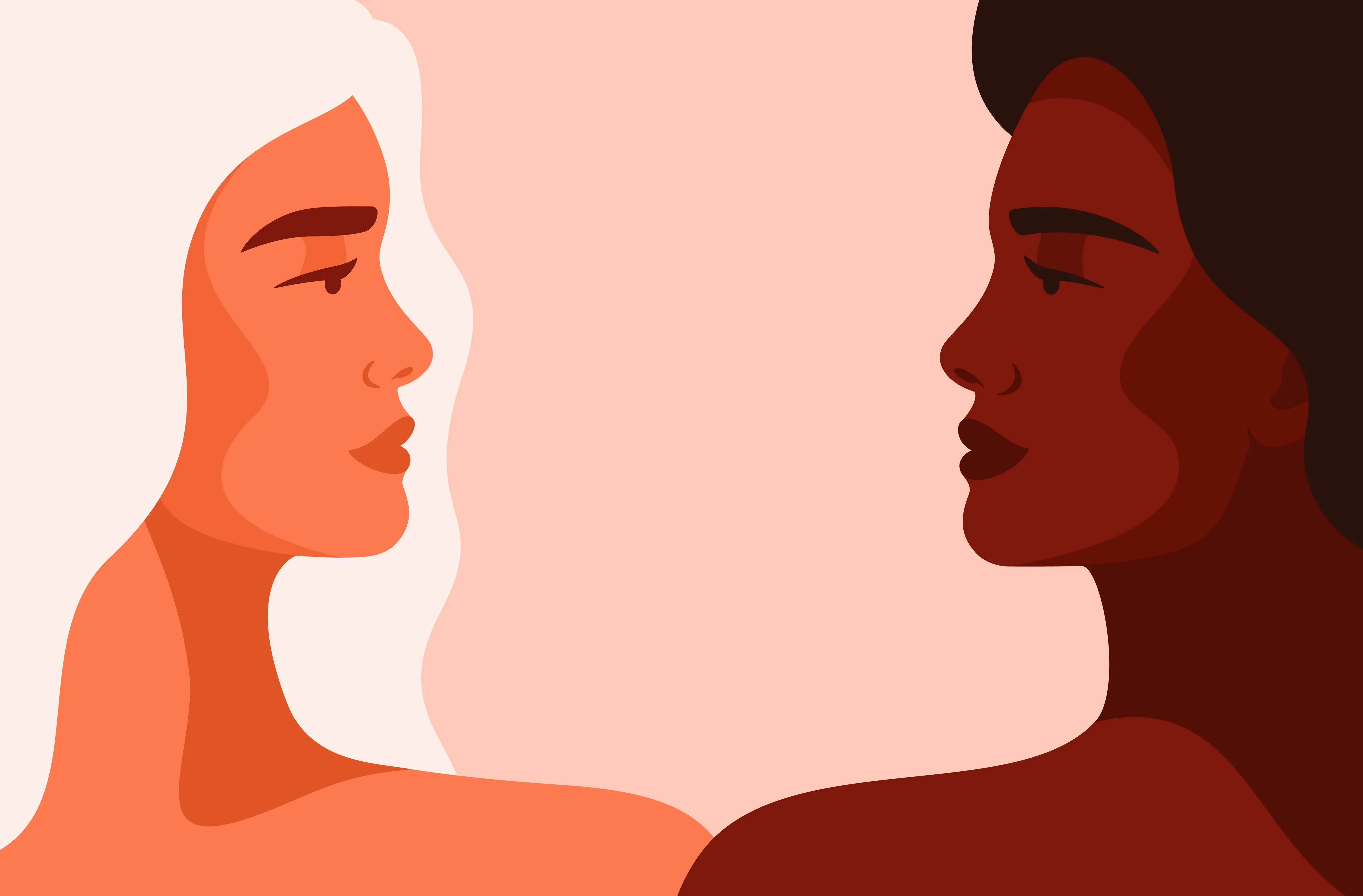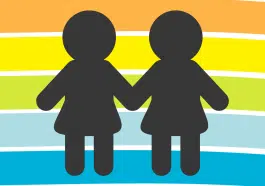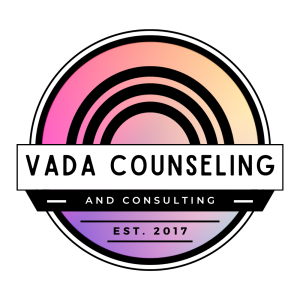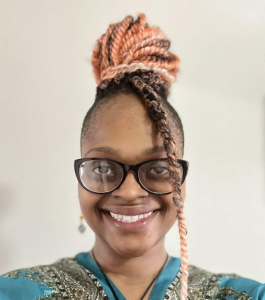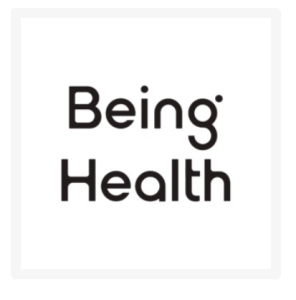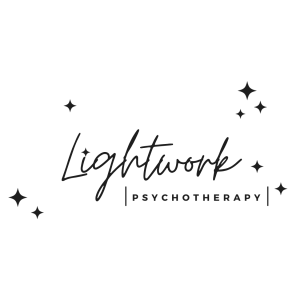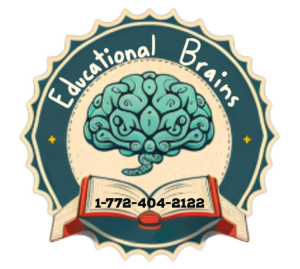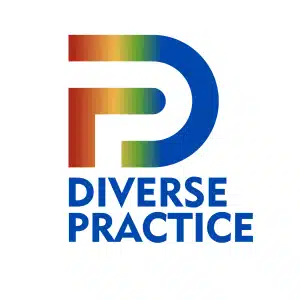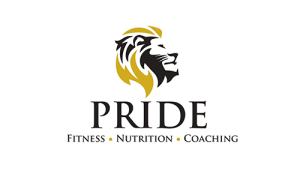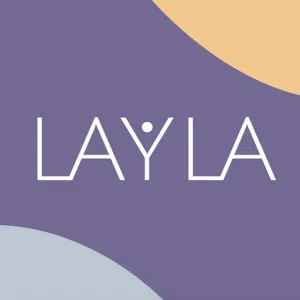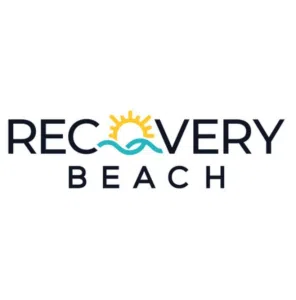For this instalment of our lexicon series, we will be discussing intersectionality. Intersectionality is a term used in the LGBTQ+ and feminist communities.
What Is Intersectionality?
Law professor Kimberlé Crenshaw coined the term intersectional in 1989. She describes it as the way social identities overlap. In essence, this term acknowledges that certain people face intersecting forms of structural discrimination. It is essential to work together with various communities within culture, media, and policies.
Here is a further definition of intersectionality from the OED (based on the concepts from Crenshaw):
“The interconnected nature of social categorizations such as race, class, and gender, regarded as creating overlapping and interdependent systems of discrimination or disadvantage; a theoretical approach based on such a premise.”
Intersectionality acknowledges that every individual has their own experiences with oppression. That’s why it is crucial to consider everything that marginalized folks go through, whether it’s due to their race, class, gender, physical abilities, or sexual orientation.
These days, intersectionality is necessary for social equity work. The LGBTQ+ community and other activist groups and looking for dynamic conversations that are more inclusive. Without understanding different overlapping identities, these movements may be perpetuating systems of inequity and oppression. Intersectionality encourages more complex conversations around injustice among people of colour, people with disabilities, gender non-conforming people, and more.
Why Intersectionality is Important for LGBTQ+ People of Colour and Other More Marginalized Groups
Since intersectionality focuses on how people experience oppression, it is essential to consider it regarding LGBTQ+ issues. For example, LGBTQ+ activism needs to be inclusive of everyone within the community. A black, transgender woman, for instance, will have a very different experience than a white, cisgender, gay man or woman. Even as the LGBTQ+ movement progress and strides are made, more marginalized folks will continually experience more types of oppression. For example, a black transgender woman will continually experience sexism and racism. Intersectionality aims to centre those individuals at the margins of the LGBTQ+ community.
In essence, to liberate all members within the LGBTQ+ community, it is essential to elevate the people with less privilege. Intersectionality is necessary for the movement to be successful and inclusive.
More marginalized queer folks navigate the world differently than other members of the community. Adopting an intersectional approach to advocacy identifies what privileges certain LGBTQ+ folks have and which ones are denied these privileges.
What Does Intersectionality Have to Do With LGBTQ+ Rights?
LGBTQ+ people of colour face higher risks. They experience more intimate partner violence. They also have less access to services. When it comes to LGBTQ+ and HIV-affected IPV homicides, people of colour make up most of the group (77%). LGBTQ+ anti-violence work needs to eliminate these barriers for people of colour.
Intersectionality also comes into play within the LGBTQ+ community by encouraging more voices to be heard. If the LGBTQ+ community exists as a single community, it can be harmful. It is crucial to recognize diversity within the community. Since many people of colour experience different forms of oppression, their voices need to be heard. By silencing these voices, can be disempowering and may detract other community members from speaking up in the future. If they experience LGBTQ+ violence, it is crucial for them to speak up and be heard by the community. That way, there can be more progress and more supports put into place.
Read more: There Have Now Been More Trans Murder in 2021 Than 2019
How Can I Be a Better and More Intersectional Ally?
Whether you have privilege within the LGBTQ+ community or are an ally with privilege, you can do the necessary work to be more inclusive and intersectional.
Check Your Privilege
First, you can be more aware of your privilege. Privilege can look like white privilege, able-bodied, university education, middle class, cisgender, and more. It is essential to recognize your privilege and consider how it impacts that type of discrimination you do or do not experience.
Listen to Others and Learn from Them
Learning about intersectionality is an excellent way to be a good ally. Listen to diverse groups of individuals and collaborate with them in a meaningful way. Actively listen and allow less privileged folks to have a voice.
However, keep in mind that it is not the job of marginalized folks to do the work to educate you. Doing so creates a lot of emotional labour for them. It is essential to not add to their stress and do the research yourself.
Make Space for More Marginalized Folks
When you are advocating for LGBTQ+ rights, be sure to make space for everyone. Ask yourself if you are the person that should be taking up space or speaking about specific topics. You will want to hear information and stories from the person who has the lived experience. Be sure not to talk over anyone or on their behalf.
Be Mindful of What You Say
Many words that people use can be offensive, ableist, or harmful to marginalized communities. When you are speaking, be mindful of the words you can say and think about whether they will negatively impact someone. You can learn to recognize what comments are offensive by doing research. Then, you can correct yourself and be more inclusive. When you are intersectional in your approach within the LGBTQ+ community, you will better understand differences and how others may feel.
Show Up for Others
Showing up for others is imperative for supporting members of the LGBTQ+ community. When you hear about discrimination that other people encounter, you can educate yourself more on these topics. First and foremost, you must listen and ensure folks with more intersectional identities are at the front of the conversation. When you do so, you will further understand these ideas and injustices and be better equipped to support the entire community.

